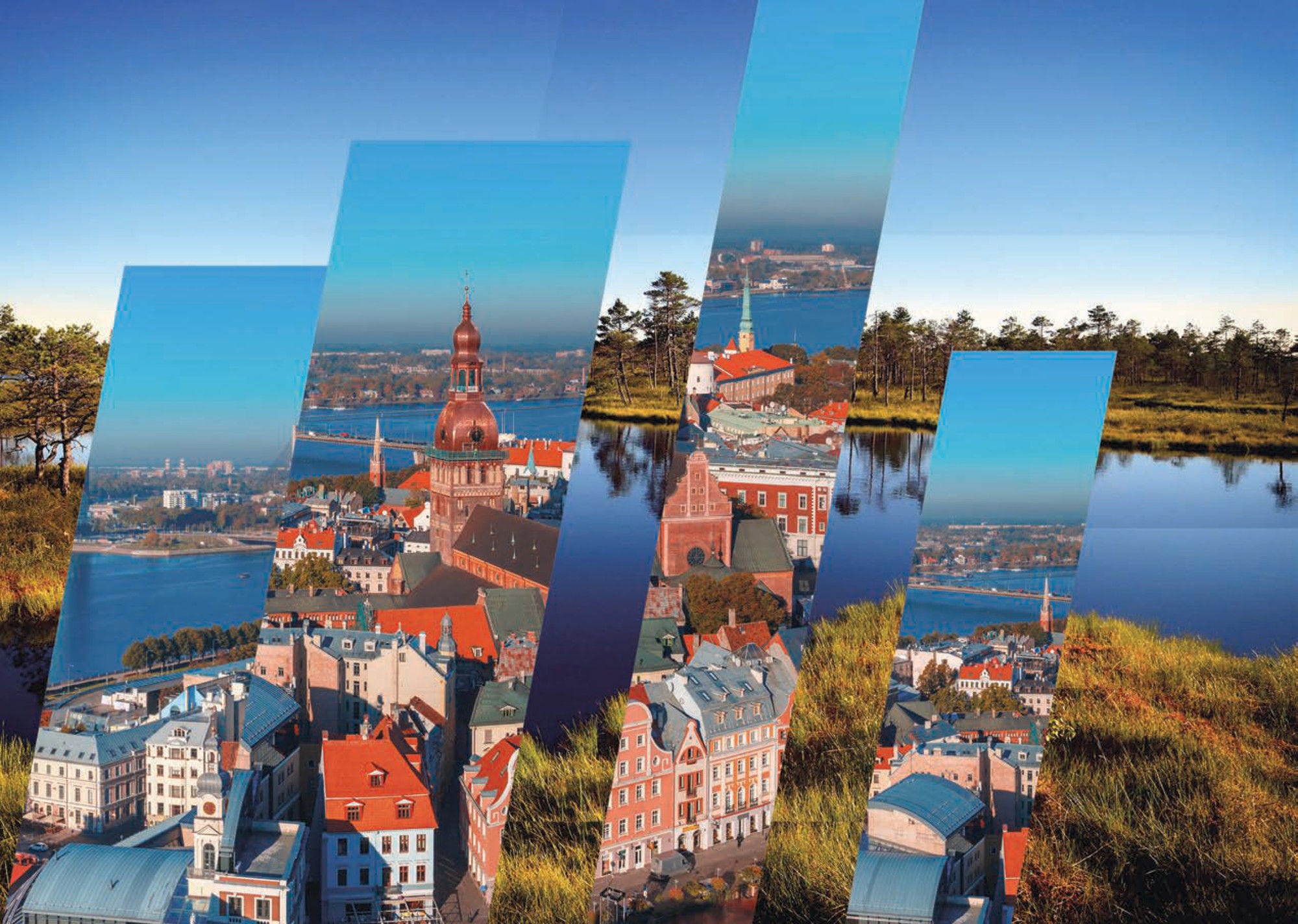On the shores of the Baltic Sea, Latvia has abundant water resources and hosts a rich biodiversity. Forests cover half its territory and underpin a buoyant wood-processing sector. Biomass is the country’s main domestic energy source, placing Latvia among the leading OECD countries in renewable energy sources and helping to mitigate greenhouse gas (GHG) emissions.
Harmonisation with European Union environmental requirements as well as major investments have driven progress in many areas such as air, water and waste management. However, some environmental pressures are likely to increase with sustained economic growth. More work is needed to comply with the Paris Agreement climate goals. This includes improving energy efficiency, promoting sustainable transport and controlling GHG emissions from agriculture and land use.
This first OECD Environmental Performance Review of Latvia assesses the country’s environmental progress since the mid-2000s and highlights Latvia’s significant opportunities to advance towards a greener, low-carbon economy. The Review calls for stronger price signals, more eco-innovation and major investment in environment-related infrastructure and services. The analysis places particular emphasis on better managing waste and materials on the path towards a circular economy, as well as on enhancing biodiversity conservation and sustainable use.
Latvia overhauled its waste management systems in the 2000s, and has since progressed with recovery, recycling and diverting waste from landfills. Yet, landfilling continues and waste is not managed consistently with the goals of a circular economy. Waste generation is growing much faster than the economy, despite a declining population. Better use of economic instruments, such as a higher landfill tax and pay-as-you-throw waste fees, would encourage waste prevention, sorting and recycling. Greater efforts are also needed to raise awareness among businesses about the benefits of circular approaches and to expand recycling markets.
Like most OECD countries, Latvia could improve the mainstreaming of biodiversity considerations in sectoral policies. Agriculture and forestry deserve particular attention, as they play key economic and social roles but exert increasing pressures on ecosystems. The protected area network is extensive, but more resources are needed to ensure that protected areas are well managed and contribute to halting biodiversity loss. A majority of habitats and species are in unfavourable conditions. In this respect, Latvia should swiftly develop a national biodiversity strategy and extend the use of economic instruments for biodiversity management.
These are just some of the key messages from the 46 recommendations provided in this Environmental Performance Review. The Review is the result of a constructive policy dialogue between Latvia and the countries participating in the OECD Working Party on Environmental Performance. I am confident that this collaborative effort and the Review’s recommendations will help Latvia consolidate its environmental achievements and implement better environmental policies for better lives.

Angel Gurría
Secretary-General
Organisation for Economic Co-operation and Development
